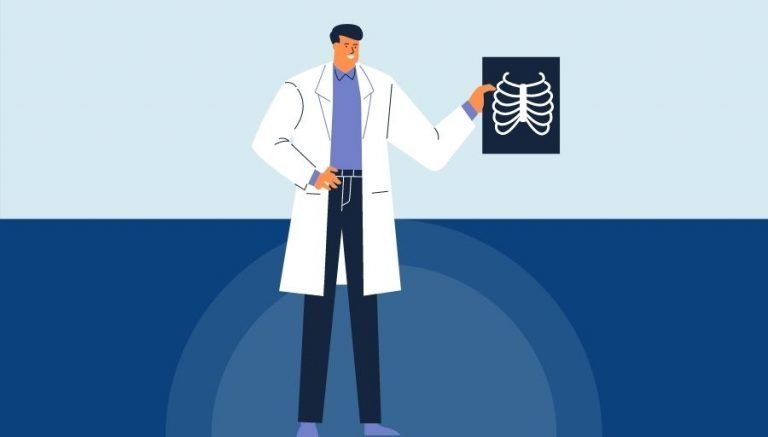(2022) How To Code Abdominal Wall Abscess ICD 10 – List With Codes & Guidelines
This article will outline the causes, symptoms, diagnosis, treatment and the ICD 10 CM code for Abdominal Wall Abscess.
Abdominal Wall Abscess ICD 10 Causes
Abdominal Wall Abscess ICD 10 are caused by bacteria that invade the abdomen as a result of the penetrating trauma, intestinal rupture or abdominal surgery. Depending on the location of the abscess, other causes may be responsible. These include appendicitis, ruptured bowel, penetrating trauma or surgery, Crohn’s disease and ulcerative colitis. An intraabscess is an abscess in the abdomen that occurs when the abdominal cavity or organs of the abdomen are so impaired that bacteria can enter.
An abscess forms in the space between the abdominal cavity and the spine. This abscess is also known as a retroperitoneal abscess. Retroperitoneum refers to the space in the middle of the abdominal cavity between the spine and abdomen.
Abdominal Wall Abscess ICD 10 Symptoms
Common symptoms of Abdominal Wall Abscess ICD 10 include:
- fever
- abdominal pain
- chest pain
- shoulder pain
- loss of appetite
- nausea
- vomiting
- changes in the movements of the bowels
- rectal tenderness
- fullness of the abdomen
- malnutrition
Abscesses can form for many reasons. Patients who have surgery or abdominal trauma, or who have other risk factors such as diabetes or inflammatory bowel disease, should look for signs of abscess in the abdomen.
Abdominal Wall Abscess ICD 10 Diagnosis
There are a few ways to diagnose Abdominal Wall Abscess ICD 10. Narrowing the exact location helps the diagnostic physician determine the cause and plays a crucial role in deciding the best treatment plan. An abscess can be misdiagnosed if the early symptoms are mild and can be traced back to something more serious. Identifying an abscess requires experience and expertise in abdominal imaging. To avoid diagnostic delays and ensure accuracy, imaging tests should be interpreted by an abdominal radiologist. CT is the best diagnostic tool for abdominal malformations.
Abdominal abscesses can be detected when a sample of fluid is taken to determine what kind of bacteria are present in the abscess. Antibiotics can help treat infections that lead to abscesses in the abdomen.
Abdominal Wall Abscess ICD 10 Treatment
Treatment of Abdominal Wall Abscess ICD 10 is determined by the severity of the abscess. If an abscess develops, antibiotics may not work. Antibiotics can be administered to drain the abscess. The type of antibiotic depends on the severity of the abscess, the patient’s age and other health problems. The abscess must be drained of fluid to heal.
One way to remove fluid is through percutaneous drainage. A healthcare provider guides a needle through the skin to a location where the infection is located.
Another way to drain an abscess is surgery. The aim is to correct the condition that caused the abscess first, such as an intestinal perforation. This is the shortest of all procedures. The patient is given sedatives or a local anaesthetic to relax and not feel any pain.
Sometimes more than one operation may be required. Often the drainage catheter leaves an abscess or cavity after it has been drained. The health team will check if the catheter can be removed if necessary.
Results depend on the cause of the infection and the location of treatment. Proper early treatment can improve outcomes for people with intraabdominal abscesses.
If a patient is being treated for an abscess, he or she may need nutritional support. This can be done by placing a feeding tube.
ICD 10 Code For Abdominal Wall Abscess
ICD 10 CM K65.1 Peritoneal Abscess
ICD 10 CM L02.211 Cutaneous abscess of abdominal wall
ICD 10 CM L02.2 Cutaneous abscess furuncle and carbuncle of trunk
- Including:
– Abdominal wall
– Back [any part, except buttock]
– Chest wall
– Groin
– Perineum
– Umbilicus



